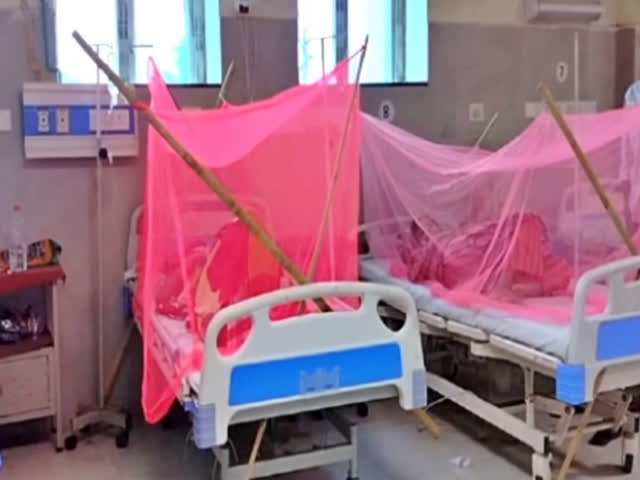Explained | Kerala Man Contracts Murine Typhus: What Is This Rare Disease
🎬 Watch Now: Feature Video


By PTI
Published : Oct 15, 2024, 4:31 PM IST
A 75-year-old man from Kerala's capital Thiruvananthapuram was recently diagnosed with Murine Typhus after travelling to Vietnam and Cambodia. Murine Typhus is a flea-borne bacterial disease caused by Rickettsia typhi, transmitted through infected flea bites, primarily from rodents and not contagious among humans.
“It's a tropical infection, just like our dengue fever, malaria and scrub typhus. It's transmitted by a flea, called rat flea. The importance is not very common in our area, but it is a common disease in the areas where my patient travelled. He travelled [through] Cambodia, Malaysia, Vietnam, Indonesia, some 3-4 countries he visited in around 10 days of travel, and after coming back from that area he got a fever," Dr Sujeesh R, HOD and Senior Consultant, Critical Care, SP Medifort said.
Murine Typhus symptoms appear 3-14 days post-exposure and include fever, chills, headaches, and rashes. Patients may experience nausea, vomiting, and body aches. While symptoms are usually mild, untreated cases can lead to severe illness.
“Proper diagnosis and realisation of the symptoms, sometimes the patients can get, it's very common fever, headache, malaria, but there can be hepatorenal like patients can get renal failure. There can be hepatitis or yellowish discolouration of the eyes, jaundice, sometimes lung infections, pneumonia-like presentation, sometimes altered sensorium, that is the patient can have deterioration in the conscious level, which can confuse it with the other causes of meningoencephalitis," Dr Neha Gupta, Founder, NG Swastha Infectious Diseases Clinic said.
Murine Typhus is rarely fatal, with an untreated mortality rate up to 4%. Severe complications, like pneumonia, meningitis, septic shock, and kidney injury, can occur. Neurological issues, such as memory impairment, are usually reversible. Prevention focuses on avoiding flea exposure and pet hygiene. Currently, there is no vaccine for this virus. However, early doxycycline treatment is effective and crucial to prevent complications.





